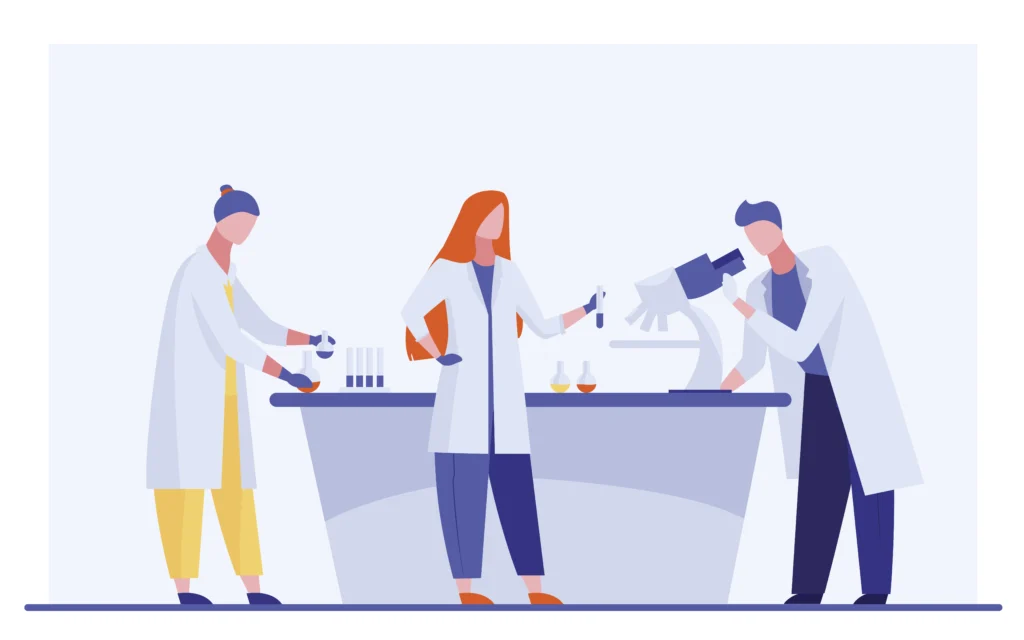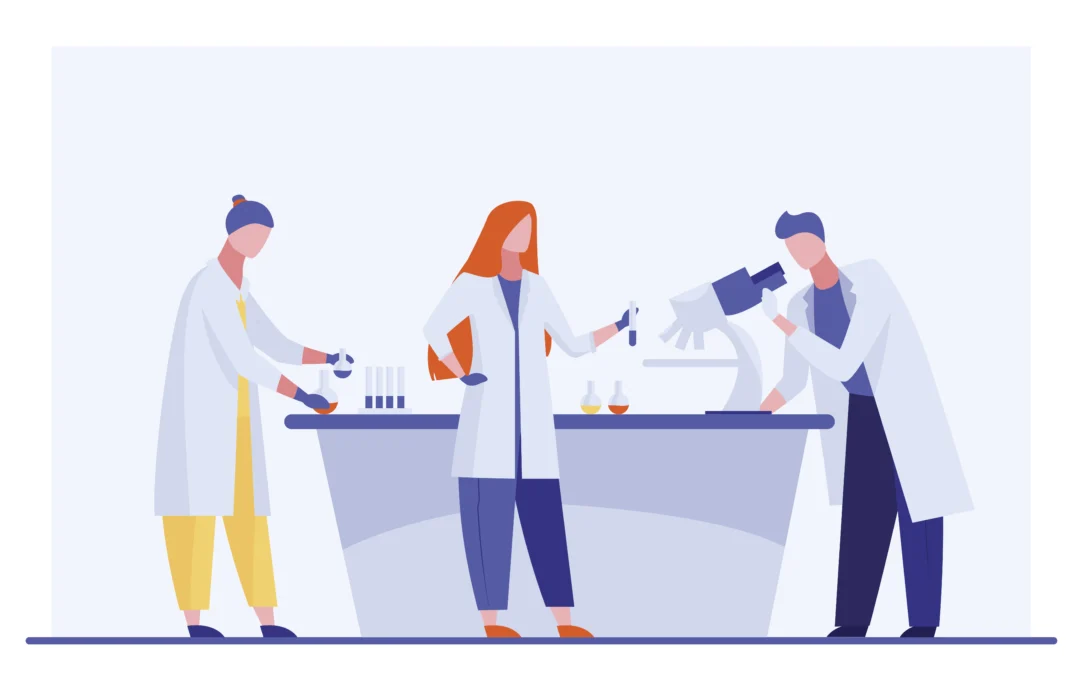
Introduction:
In recent years, DNA testing has become a cornerstone of modern healthcare, offering insights that can transform the way we approach medicine. From predicting genetic predispositions to tailoring treatments based on individual genetic profiles, DNA testing is revolutionizing healthcare by making it more personalized and proactive. In this post, we’ll explore the various roles DNA testing plays in modern healthcare, the benefits it offers, and how it’s shaping the future of medicine.
Understanding DNA Testing in Healthcare
DNA testing in healthcare involves analyzing an individual’s genetic material to identify specific genetic variants that may affect their health. These tests can reveal a wealth of information, including:
- Genetic Predispositions: Identifying genetic markers associated with an increased risk of developing certain conditions, such as cancer, heart disease, or diabetes.
- Pharmacogenomics: Understanding how your genetic makeup affects your response to medications, allowing for more personalized and effective treatments.
- Carrier Screening: Determining if you carry genes for hereditary conditions that could be passed on to your children.
- Prenatal Testing: Assessing the health and development of a fetus during pregnancy, including the risk of genetic disorders.
The Benefits of DNA Testing in Healthcare
DNA testing offers numerous benefits that can enhance patient care and improve health outcomes:
- Personalized Medicine:
- DNA testing allows for the development of personalized treatment plans tailored to an individual’s genetic profile. This approach, known as precision medicine, ensures that treatments are more effective and have fewer side effects. For example, pharmacogenomic testing can determine which medications are most likely to work for you based on your genetic makeup.
- Early Detection and Prevention:
- By identifying genetic predispositions, DNA testing enables early detection and prevention of diseases. For instance, if you have a genetic marker for a particular type of cancer, your healthcare provider can recommend regular screenings or preventive measures to catch the disease early or reduce your risk.
- Informed Family Planning:
- Carrier screening can help prospective parents understand the risk of passing on genetic conditions to their children. This information can guide decisions about family planning and enable early interventions if necessary.
- Improved Patient Outcomes:
- With the ability to tailor treatments and take preventive measures based on genetic information, patients experience better outcomes. Personalized care leads to more successful treatments and a higher quality of life.
The Process of DNA Testing in Healthcare
The process of DNA testing in healthcare typically involves the following steps:
- Consultation:
- Before undergoing DNA testing, you’ll likely meet with a healthcare provider or genetic counselor who will explain the purpose of the test, what it can reveal, and any potential risks or implications.
- Sample Collection:
- A DNA sample is collected, usually through a cheek swab, blood draw, or saliva sample. This sample contains your genetic material, which will be analyzed in a laboratory.
- Laboratory Analysis:
- The sample is sent to a specialized lab where it’s analyzed to identify specific genetic markers. The lab uses advanced techniques, such as next-generation sequencing, to read your DNA and detect any variants.
- Results Interpretation:
- Once the analysis is complete, your healthcare provider or genetic counselor will review the results with you. They’ll explain what the findings mean for your health, any risks you may face, and potential next steps in your care.
- Follow-Up Care:
- Based on your DNA test results, your healthcare provider may recommend specific treatments, lifestyle changes, or preventive measures. Follow-up care may also include additional tests or screenings to monitor your health over time.
Ethical Considerations in DNA Testing
While DNA testing offers significant benefits, it also raises important ethical considerations:
- Privacy and Data Security: Protecting the privacy of genetic information is crucial. Patients should choose reputable testing providers that follow strict data security protocols to prevent unauthorized access to their genetic data.
- Informed Consent: Patients must provide informed consent before undergoing DNA testing. This means they should fully understand the purpose of the test, the potential outcomes, and any implications for their health and privacy.
- Genetic Discrimination: There are concerns about the potential for genetic discrimination, where individuals could be treated unfairly based on their genetic information. Laws such as the Genetic Information Nondiscrimination Act (GINA) in the United States help protect against this, but it’s important to stay informed about your rights.
The Future of DNA Testing in Healthcare
The field of DNA testing is rapidly evolving, with new advancements continually expanding its applications in healthcare. Some exciting developments on the horizon include:
- Whole Genome Sequencing: As the cost of sequencing entire genomes decreases, whole genome sequencing may become a routine part of healthcare, providing comprehensive insights into an individual’s genetic makeup.
- CRISPR and Gene Editing: Emerging technologies like CRISPR offer the potential to not only detect genetic conditions but also correct them at the DNA level, opening up new possibilities for treating genetic disorders.
- Integrative Health Approaches: Combining DNA testing with other health data, such as microbiome analysis and wearable health monitoring, will enable even more personalized and holistic approaches to healthcare.

